Home Inspection Series: Typical Items Not Included in a Standard Home Inspection
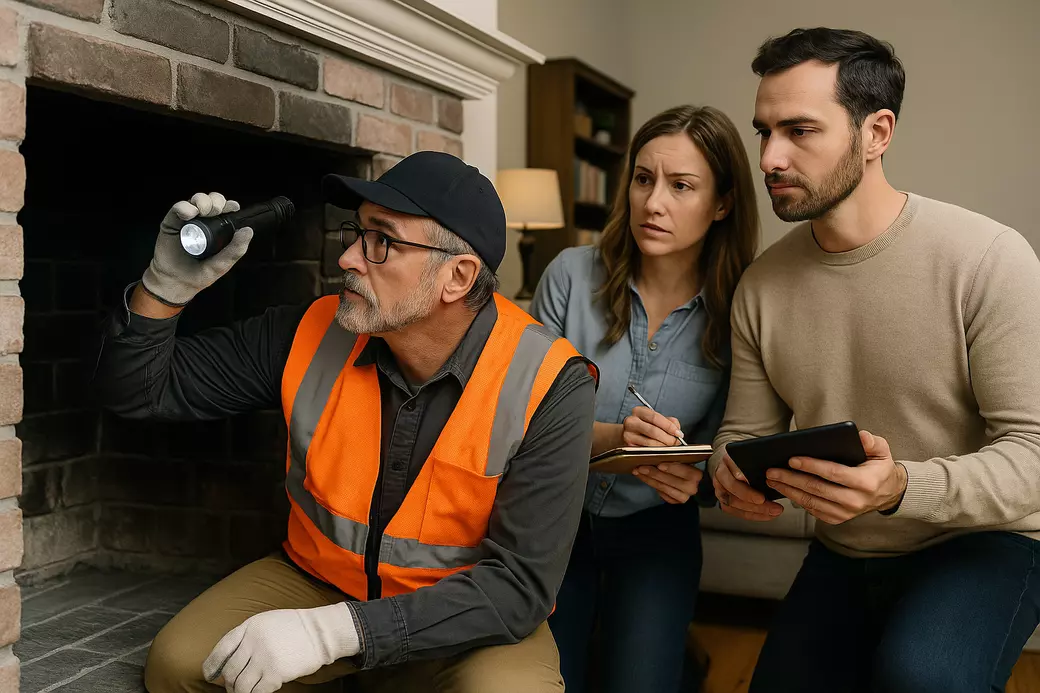
Typical Items Not Included in a Standard Home Inspection
Home inspections provide valuable insights into a property’s condition, but there are certain items that are typically outside the scope of a standard home inspection. If you’re concerned about any of the following, it’s worth arranging for a specialized inspection:
Pest Inspections
While inspectors might note visible signs of damage, they generally don’t perform specialized termite or pest inspections. A separate pest inspection is recommended for wood-destroying organisms like termites and carpenter ants.
Mold Testing
Inspectors may report visible mold but usually do not test for mold types or levels. Mold testing is a separate service that requires specialized equipment and training.
Asbestos and Lead Paint Testing
If the home was built before 1978, it could contain lead-based paint or asbestos. Inspectors may note the possibility but won’t test for either without a specific, separate inspection.
Radon Testing
Radon, a colorless and odorless gas linked to health risks, is not typically tested for during a standard inspection. Radon testing requires specialized equipment and often a separate inspection request.
Chimney Inspections
Inspectors usually perform a basic visual inspection but won’t conduct a detailed chimney inspection, which involves checking the flue lining, draft, and internal structure.
Sewer Line and Septic System Inspection
Sewer and septic systems are usually outside the scope of a standard home inspection. A sewer scope or septic inspection is required to evaluate these systems’ condition and functionality.
Swimming Pools and Hot Tubs
Inspectors generally check only the basic functionality of pool equipment. A separate inspection is recommended to evaluate a pool’s structural integrity, leaks, and mechanical systems.
HVAC Ductwork Condition
While inspectors test the heating and cooling system’s functionality, they don’t typically inspect the ductwork for leaks, cleanliness, or air quality. Duct inspections require a specialist.
In-Depth Roof Inspection
Inspectors typically perform a roof inspection from the ground or a ladder but may not walk on the roof or look deeply into attic spaces to assess underlying roof structure or support.
Appliance Condition
Inspectors may test whether appliances like stoves, dishwashers, and microwaves turn on, but they usually won’t test for age, energy efficiency, or optimal performance.
Water Quality Testing
While they check plumbing and fixtures, inspectors don’t typically test the water quality. If you’re on a well system, a separate test is recommended for contaminants like bacteria, lead, and arsenic.
Electrical System Load Testing
Inspectors may check visible wiring and test outlets but won’t perform an in-depth load test on the home’s electrical system or inspect every outlet.
Fireplace and Wood Stove Inspections
A standard inspection may include a visual inspection, but it won’t include a comprehensive examination of chimneys, liners, and flues. A fireplace or wood stove inspection by a chimney professional is recommended.
Sprinkler Systems and Irrigation
Exterior sprinkler systems are generally not included, as inspectors focus primarily on the main systems and structures of the house.
Security Systems
Home inspectors don’t typically evaluate security systems, cameras, or smart home technology as part of a standard inspection.
Detached Structures
Detached structures like sheds, barns, or separate garages are usually not covered unless specifically requested.
Well and Septic System Equipment
If the home has a well, the inspector may not check the pump or water tank; these systems generally require a specialist.
Underground or Concealed Plumbing
Inspectors don’t typically look at underground pipes or any plumbing components hidden behind walls or floors.
Zoning and Code Compliance
Home inspections are not designed to ensure code compliance or zoning adherence; this usually requires a review by the local government or zoning authority.
Cosmetic Items
Inspectors usually don’t comment on cosmetic issues, such as paint scratches, minor dings in the wall, or superficial wear and tear, unless they indicate a larger problem.
If any of these items are of particular concern, it’s wise to arrange for additional specialized inspections to ensure the property meets all your needs.
Categories
Recent Posts
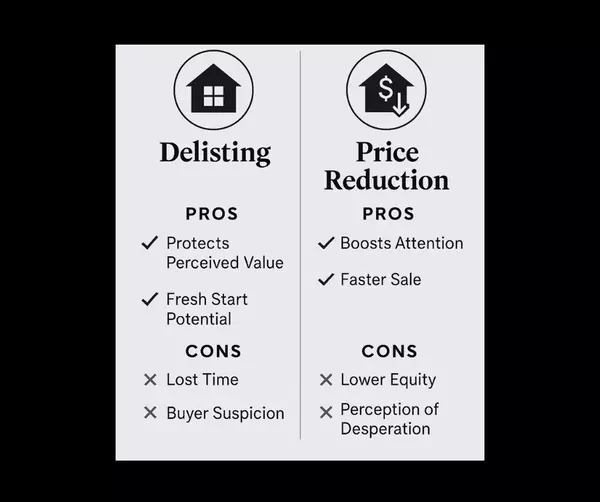
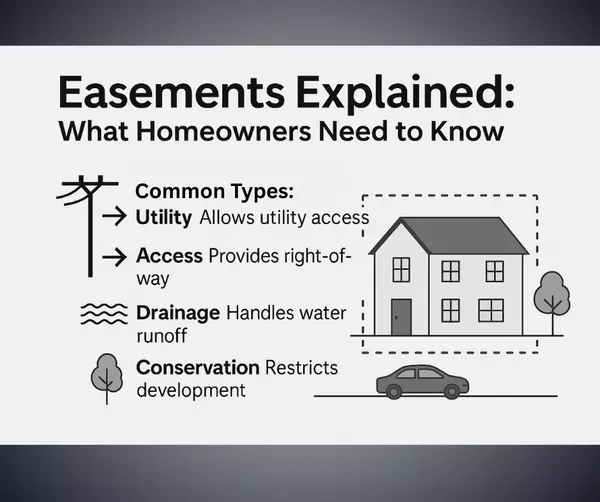
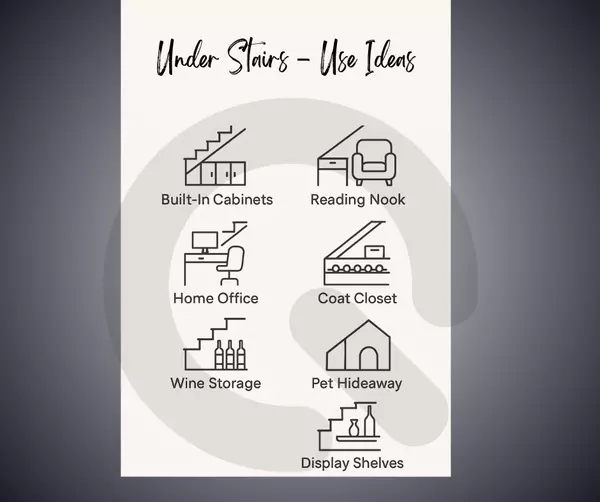


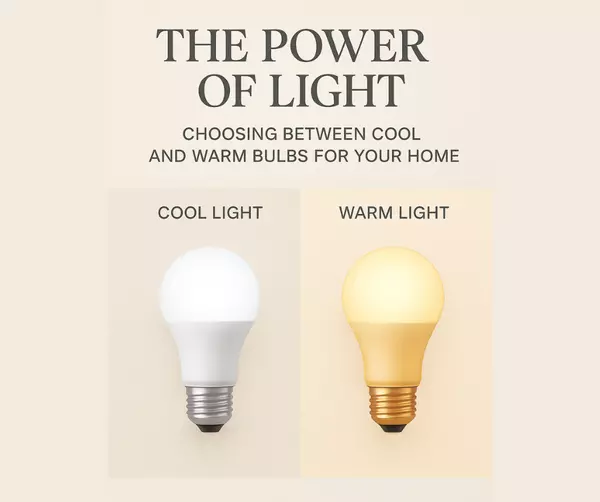
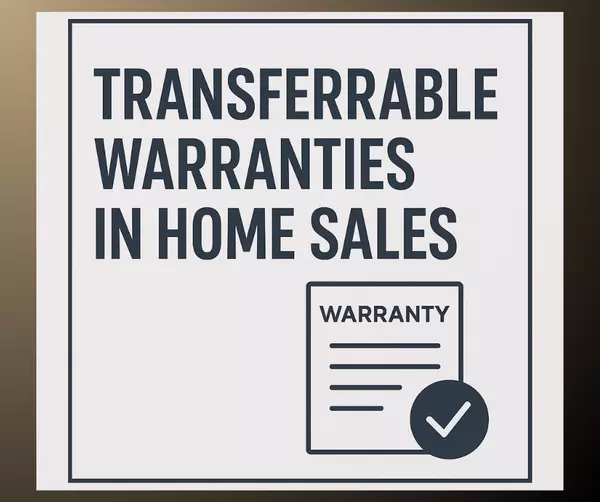
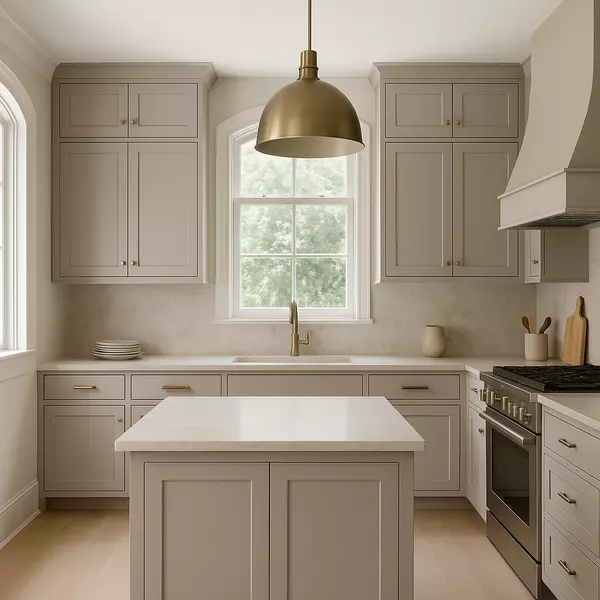

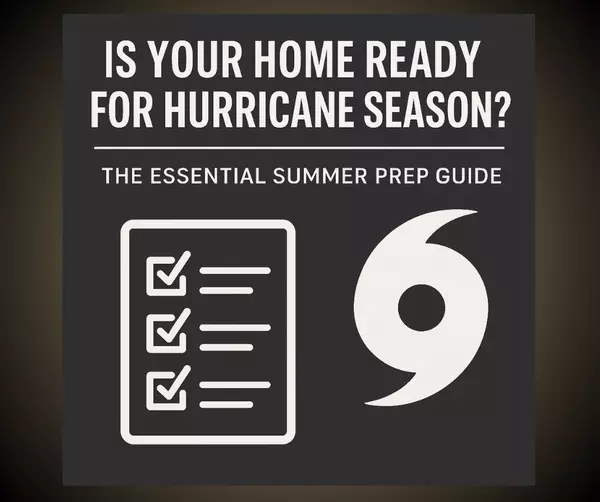
GET MORE INFORMATION


